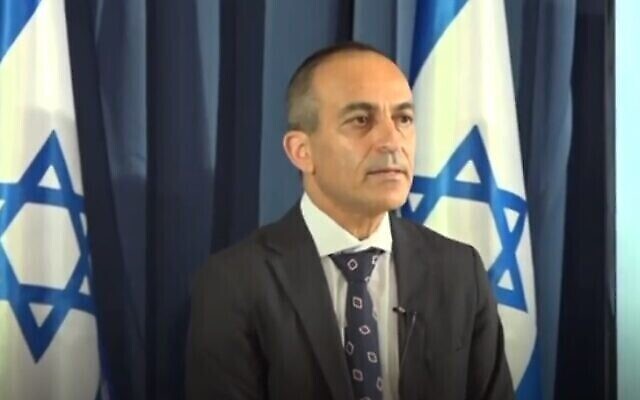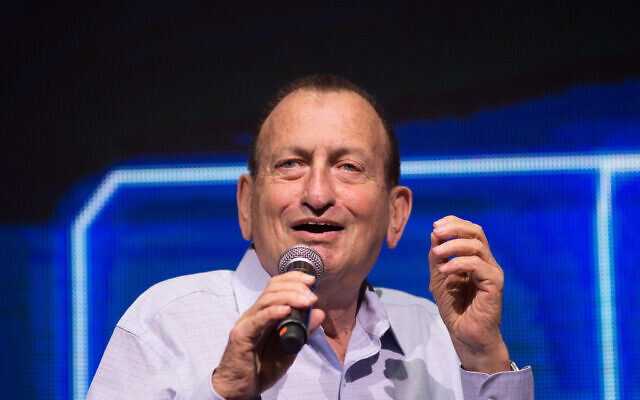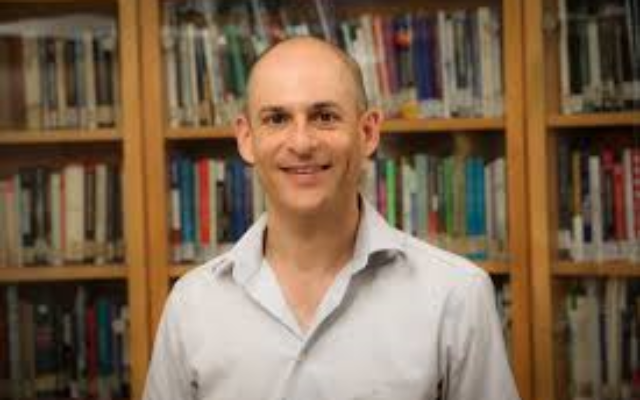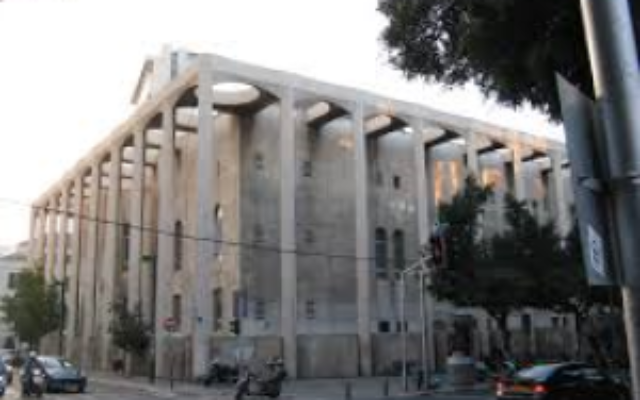Complexity of Israeli High Holiday Restrictions
COVID complicates the state-religious issues as the ultra-Orthodox lose faith in their political parties.
If Atlantans think the coronavirus guidelines affecting their observance of the upcoming high holidays are complicated, they should consider the restrictions in Israel. Even Israelis are confused.
To somewhat understand the complexities involved, one must remember that there is no separation of synagogue and state in Israel, and that there are ultra-religious political parties that make up the coalition government. That means those parties can put pressure on the government to accommodate the wishes of their constituents.
Also, in contrast to Atlanta and most of the United States, in Israel the majority of the synagogues are small. On a typical residential street in Jerusalem, there could be several small congregations. According to the municipality of Tel Aviv-Yafo – considered among the most secular city in Israel — there are about 450 synagogues.

At the end of August, the Israeli government issued its preliminary guidelines for attendance at high holiday services, based on the size of the synagogues. The regulations were announced in the context of an overall plan approved by the country’s virus czar Ronni Gamzu, which was set to go into effect Sept. 6. Referred to as the “traffic light” plan, it differentiates each city and town based on its COVID-19 morbidity rate, with “red” cities subject to the strictest restrictions, followed by “orange,” “yellow” and “green.”
The exact number of prayer-goers allowed at each venue – indoors or outdoors – is based on the color-coded classification of the area, the size of the venue, the number of entrances and the space per worshipper, according to the guidelines. Up to 1,000 people will be allowed indoors in huge venues, or one person for every 4 square meters, or about 43 square feet. Worshippers will be divided into permanent groups, with each group assigned an entrance. People who don’t live together will be seated at least 6.2 feet apart, with at least two empty seats in between them. And each group will be placed in an area separated by a physical border with at least another 6 feet in between to prevent anyone moving between the areas.
The regulations further call for someone to be assigned to supervise the seating and entry provisions. To assist worshippers entering the synagogue, signs are to be posted explaining the requirements and naming the person in charge.
If a high holiday service is planned for outdoors, worshippers must be separated into groups of no more than 20 people in each area. Those areas must be separated by at least 6.2 feet with physical demarcations such as ropes or ribbons. Again, people will be designated as enforcers of the groupings.
The guidelines further state that if more than 250 worshippers are expected, indoors or outdoors, drawings of the seating and separation plans must be approved by the authorities. Health Ministry guidelines include wearing of masks and temperature checks. By the end of the week, the government is expected to announce final COVID-19 plans for the high holidays.
In June, the Tel Aviv-Yafo City Council invested nearly $300,000 to improve accessibility to about 150 synagogues located in municipal buildings.

“The right to prayer and religious gatherings is fundamental, and everything will be done in order to permit tens of thousands of worshippers to carry out the holiday commandments – even under the health restrictions,” stated Ron Huldai, mayor of Tel Aviv-Yafo. “From the very first days of the first Hebrew city, Jewish tradition has been of great importance in our daily life. As Meir Dizengoff, the first mayor of the city, said: ‘We are striving so that the spirit of Judaism will be in harmony with our enterprise and this city – so that the spirit of brotherhood, peace and love will prevail.’”
That peace and harmony, however, appeared to be lacking between the ultra-Orthodox political parties and the government they are a part of. Housing Minister Yaakov Litzman threatened to withdraw his United Torah Judaism party from the governing coalition if a lockdown is enacted for his community during the high holidays. In the spring, several ultra-Orthodox areas were under lockdown after widespread COVID-19 infections were reported in those areas.
“Ultra-Orthodox political leaders have been sharply criticized by their constituencies for the fact that in the first months of the COVID-19 outbreak, they aligned themselves with the Ministry of Health’s directives and did not advocate vigorously enough on behalf of the interests of the ultra-Orthodox public and insist that synagogues and yeshivas remain open,” reported Dr. Gilad Malach, director of the Ultra-Orthodox in Israel program at The Israel Democracy Institute.

Malach further stated that this criticism is the basis for the latest controversy over the annual pilgrimage to Uman, Ukraine. “The annual pilgrimage is the most significant event on the calendar of the Breslav Hassidic sect and of the many Jews who identify with elements of this sect. In an average year, about 30,000 people travel to Uman during Rosh Hashanah and the high holidays to pray and prostrate themselves on the grave of Rabbi Nachman of Breslav. Due to the pandemic, mass travel to a densely populated event is deemed unacceptable by all health officials, due to the fear of a spike in corona cases upon their return to Israel.”
Malach suggested that a possible solution to this crisis would be the “approval of a symbolic gesture allowing a select group of rabbis and community leadership to travel to Uman.”
A recent survey by the IDI showed that nearly two-thirds of ultra-Orthodox Israelis believe that their trust in their political parties has been “harmed” to some extent by the coronavirus crisis.




comments